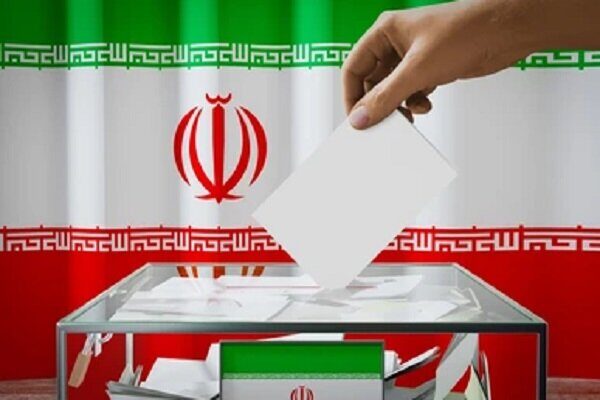Chapter IX of the Constitution of the Islamic Republic of Iran sets forth the qualifications for presidential candidates. Powers of the presidency include signing treaties and other agreements with foreign countries and international organizations, with the Leader of the Islamic Republic’s approval; administering national planning, budget, and state employment affairs, as decreed by the Leader.
The President also nominates the ministers, subject to the approval of Parliament.
The Iranian president is also the head of the Supreme Council for National Security, the Supreme Council of the Cultural Revolution, and the Supreme Council of Cyberspace.
As per Article 115 of the Iranian Constitution, the President must be elected from among religious and political personalities possessing the following qualifications: Iranian origin; Iranian nationality; administrative capacity and resourcefulness; a good past record; trustworthiness and piety; convinced belief in the fundamental principles of the Islamic Republic of Iran and the official madhhab of the country.
Candidates have to be vetted by the Guardian Council, a twelve-member body consisting of six clerics (selected by Iran’s Supreme Leader), and six lawyers (proposed by the head of Iran’s judicial system and voted in by the Parliament).
The President is elected by an absolute majority of votes polled by the voters. But if none of the candidates can win such a majority in the first round, voting will take place a second time on Friday of the following week.
In the second round, only the two candidates who received the greatest number of votes in the first round will participate.
If, however, some of the candidates securing the greatest votes in the first round withdraw from the elections, the final choice will be between the two candidates who won a greater number of votes than all the remaining candidates.
The president-elect is confirmed by the Leader. Then, the sworn-in ceremony is held just before starting the presidential term.
Article 131 says that in case of death, dismissal, resignation, absence, or illness lasting longer than two months of the President, or when his term in office has ended and a new president has not been elected due to some impediments, or similar other circumstances, his first deputy shall assume, with the approval of the Leader, the powers and functions of the President.
In case of the death of the first deputy to the President, or other matters which prevent him from performing his duties, or when the President does not have a first deputy, the Leader shall appoint another person in his place, it further noted.


